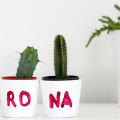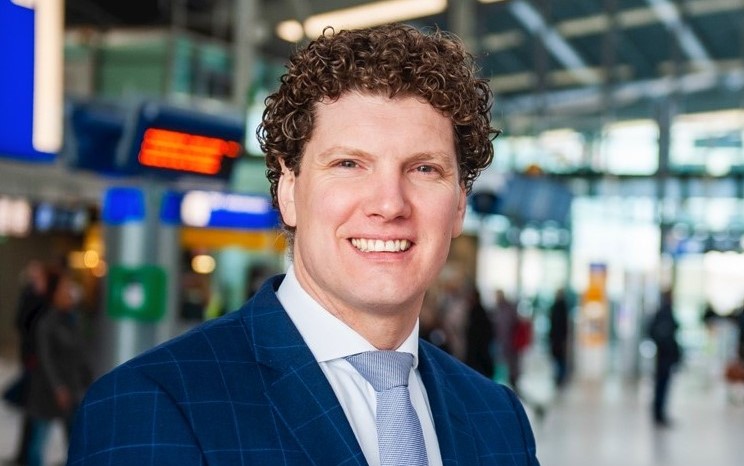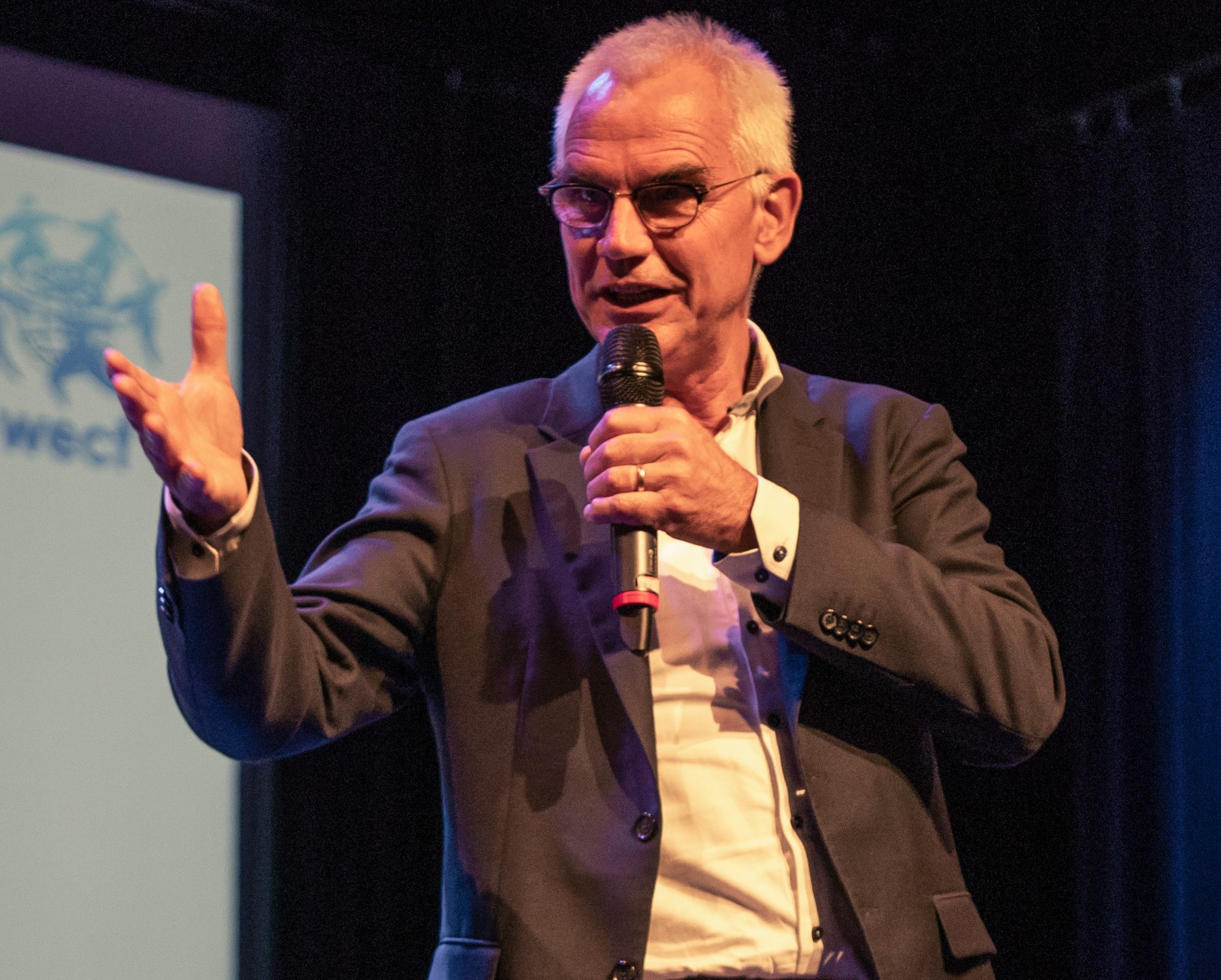
Corona Insights: Water boards call for fundamental changes after Corona
The water boards recently made a call in the Trouw newspaper, together with the drinking water companies, for fundamental reforms in the water system. With the aim of restoring the natural balance in the water system. Rogier van der Sande, dike manager of the Rijnland Water Board and chairman of the Union of Water Boards, talks about the need for a wake-up call: because sufficient water for everyone is no longer a given.
Rogier: “We are reaching the limits of natural phenomena. For the Union of Water Boards that is: water and the associated drought.” The supply and availability of water is not infinite. Dutch residents and administrators hardly wonder where the water comes from: everyone takes it for granted. However, we are reaching a limit and we must act accordingly. Because if you don't anticipate now, you will be too late. Adjustments must be made to the system to prevent extreme situations.
Letting society take a turn
In the article, the water boards link their plea to the call from 170 scientists who indicate in a manifesto that now that everything has come to a standstill due to the corona crisis, we must pick up the thread in a radically green and more sustainable way. The water boards recognize themselves in this call for sustainability. There is too little awareness about the need to consciously use the available water. We are approaching an ecological limit and we are using the corona crises to draw attention to this and use the momentum to turn society around. We have to approach a number of things differently, because we have to, it offers opportunities, but also because society can expect things from governments. In addition to more sustainable use of water, we also see a social responsibility to all contribute to making the Netherlands more sustainable. Wind turbines and solar panels have created a lot of resistance, making it difficult to make the change. Aquathermal energy, heat from water (a technology recently introduced by the water boards and various knowledge institutions and engineering firms), is more cuddly in the sense that it uses the heat that is already present in the surface and/or wastewater. Technology makes more and more possible. We simply have wastewater, it is spatially less damaging, it is a natural product that we have, and no other investments are required. We can also easily export this technology to other countries.
Tipping point
The question is whether there is already a tipping point at which people are willing to change. Van der Sande: “That is difficult to estimate. It is still unclear what the price is for working with this. People look very closely at the costs it entails and in municipalities too, the focus is on costs instead of revenues.” There is a lot of doom and gloom surrounding the energy transition. For the time being, it is easy to ensure safe, strong dikes: even people who did not experience '53 understand that this is an important subject. But it is more difficult for other things that are less visible. So you have to be positive and offer perspectives for action to reach the 'tipping point'. “We must maintain urgency, beyond in these times of corona crisis. We must make the interests of water visible, a positive perspective for action is possible and necessary.”
He is confident that he will succeed in turning society around: “I have seen the willingness among the youth. Issues related to sustainability are much greater among the youth. I watch climate strikes with great admiration. The youth should become more active and demand that we direct our decisions more towards their interests. We all need to look more at the long term.”





